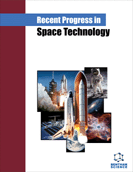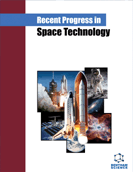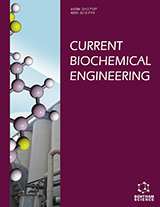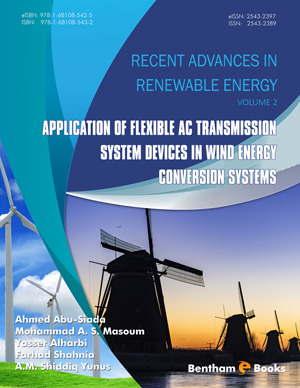Abstract
Improvement of agricultural practices for enhanced productivity has been
the driving factor for Green Revolution. Its introduction has led to modernization in
farming with the use of high yield variety seeds, chemical fertilizers, pesticides, etc.
Excessive usage of these chemicals, due to urbanization, has led to the deterioration of
soil quality, depletion of essential nutrients and microbes present naturally in the soil,
and cause water pollution. The use of fertilizers has been found to be very effective in
achieving food production goals, but the widespread use of inorganic fertilizers seems
to have a significant impact on soil physicochemical parameters, as this approach
causes the exhaustion of essential minerals in the soil, which depletes soil fertility. As a
result, adopting an alternative method that will act as a replacement and treatment has
become critical in order to overcome this difficulty. The introduction of biofertilizers
could be a boon for the agriculture industry as they are cost-effective, improving soil
health by replenishing the soil with nutrients and enhancing the growth of plant growth
promoting microorganisms. Plants are also protected from brininess and aridity by
biofertilizers. Biofertilizers are also environment-friendly and do not cause any
hazards. Biofertilizers, when used as a supplement, have been shown to protect plants
by releasing antibiotics that can fight against various plant infections.






















